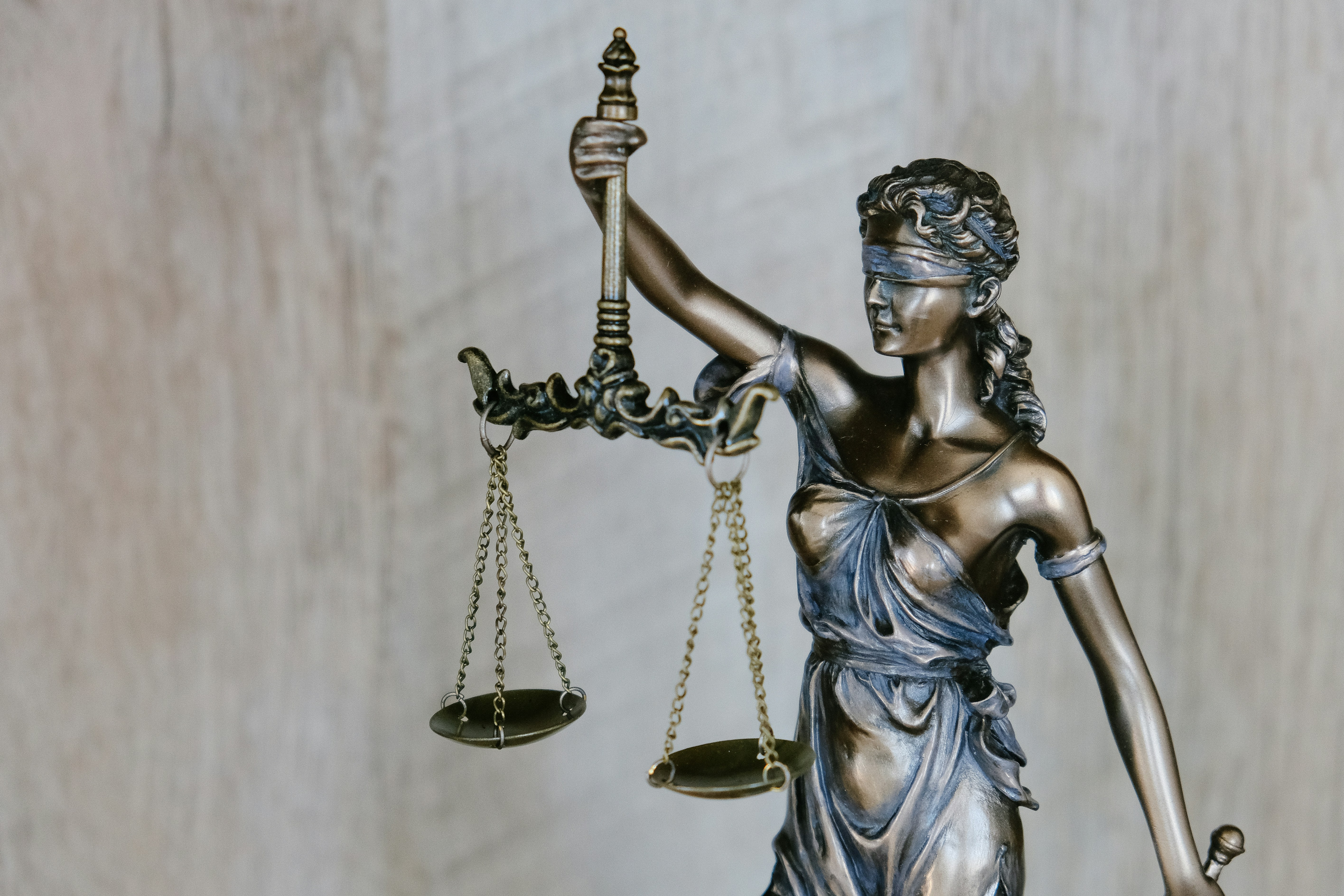Navigating Indian Law: In-Depth Legal Analysis and Recent Rulings
September 17, 2024 | by ganeshtripura47@gmail.com
 Photo by Colin Lloyd on Unsplash
Photo by Colin Lloyd on Unsplash Understanding Indian Law: An In-Depth Analysis
The Indian legal system is a complex framework that governs the rights and responsibilities of its citizens. At its core lies the Constitution of India, which serves as the supreme law and sets forth the fundamental principles that guide the nation. The Constitution not only defines the structure of the government but also establishes the rights of individuals, ensuring justice and equality before the law. It is essential to understand that the Indian legal framework is rooted in common law, which influences the interpretation and application of various statutes enacted over the years.
The Indian judiciary plays a pivotal role in interpreting laws and administering justice. Structured hierarchically, the judiciary comprises the Supreme Court, High Courts, and various subordinate courts. Each level addresses different tiers of legal disputes, with the Supreme Court serving as the final arbiter of constitutional and significant legal questions. Through landmark rulings, the judiciary has shaped Indian law, addressing pressing social issues and adapting legal principles to contemporary needs. These judicial interpretations are essential for the dynamic evolution of legal norms.
Moreover, the legal landscape includes a multitude of laws addressing various aspects of life, such as civil rights, criminal justice, labor regulations, and environmental protection. Understanding these laws is crucial for individuals seeking to navigate their rights and obligations effectively. Staying updated on legal developments is facilitated by various resources, including legal journals, online databases, and government publications. Engaging with these materials can demystify legal jargon and provide clarity on recent court decisions that may have implications for citizens’ rights and duties.
In today’s rapidly changing legal environment, individuals are encouraged to familiarize themselves with their legal rights and responsibilities. By actively engaging with the resources available, they can better comprehend the nuances of Indian law and its impact on their daily lives.
Recent Rulings and Practical Advice on Rights
In recent years, various landmark rulings by the Indian judiciary have significantly reshaped the landscape of individual rights and social justice. These decisions underscore the courts’ role in upholding the Constitution while addressing contemporary challenges faced by society. For instance, the Supreme Court’s pronouncement on the Right to Privacy recognized it as a fundamental right, thereby influencing how personal data and individual liberties are perceived and protected. This ruling has far-reaching implications not only for citizens but also for businesses operating in India, necessitating compliance with privacy regulations.
Another pivotal decision involved the decriminalization of consensual same-sex relationships. This ruling has opened new avenues for LGBTQ+ rights in India, thereby promoting inclusivity and equality. Such judicial interventions are critical as they not only reaffirm constitutional guarantees but also drive social change by challenging outdated norms and practices.
For citizens looking to navigate these evolving legal landscapes, understanding one’s rights is paramount. It is advisable for individuals to seek legal counsel when faced with legal issues, especially when these pertain to employment disputes or issues of civil liberties. Local bar associations often provide directories that can help locate qualified attorneys with expertise relevant to specific legal concerns.
Furthermore, resources for legal aid, such as state-sponsored legal services, can afford support to those unable to afford private counsel. Being aware of one’s rights in various contexts, including consumer protection and employment, is essential for proactive engagement in legal matters. For example, knowing consumer rights can empower individuals to advocate effectively against unfair trade practices.
In summary, staying informed about recent rulings and understanding their implications can empower citizens in asserting their rights. By being proactive and utilizing available resources, individuals can better navigate legal challenges and champion their entitlement to justice and fairness.
RELATED POSTS
View all


